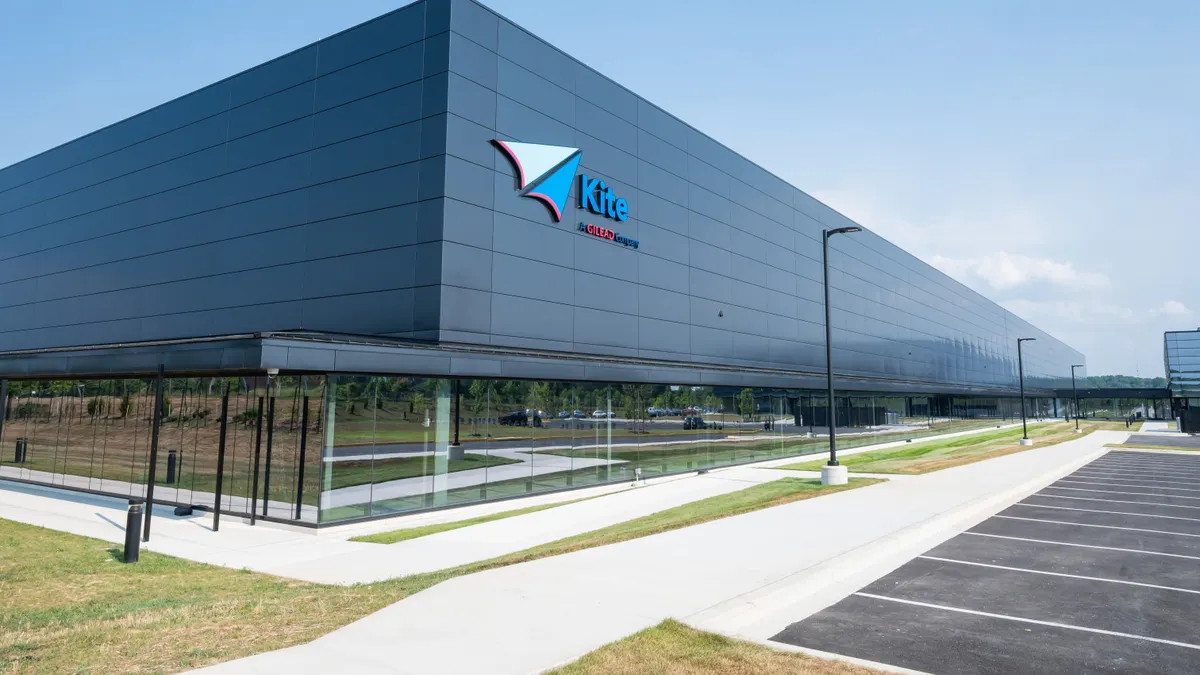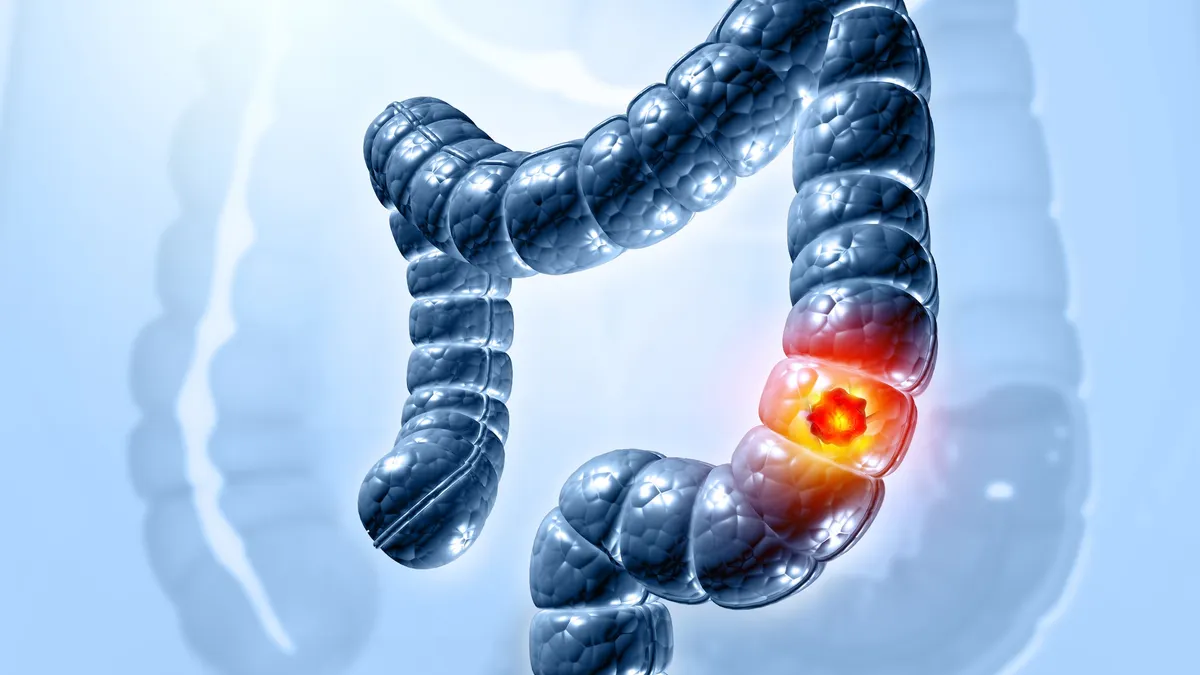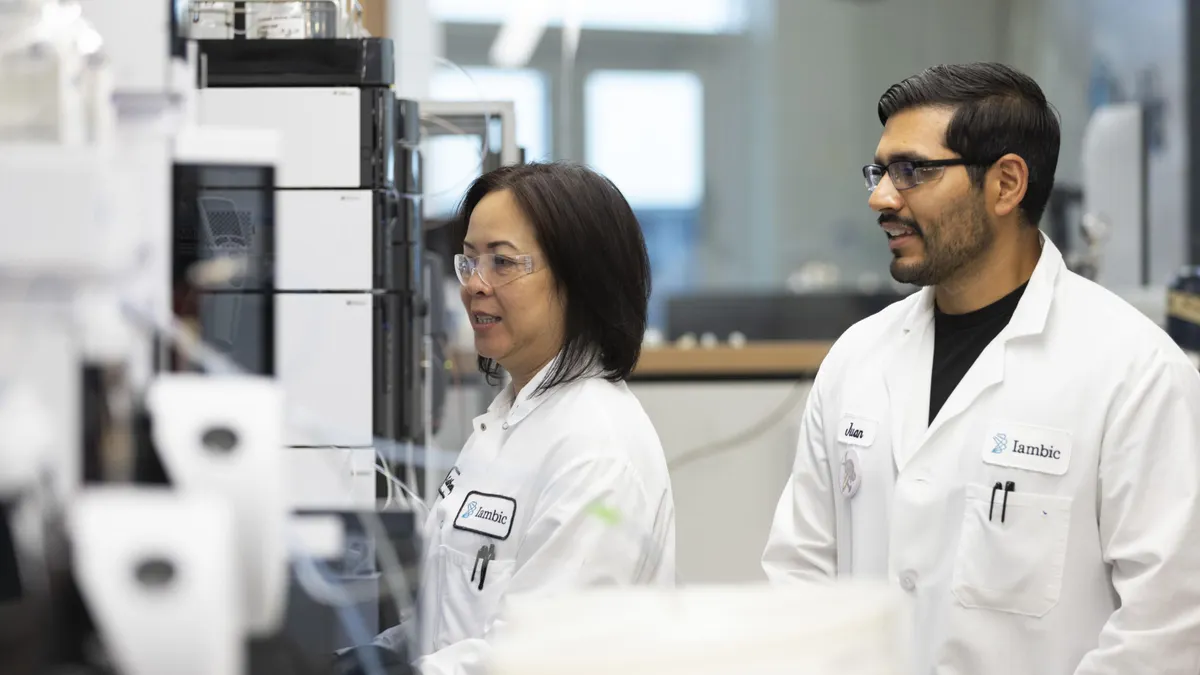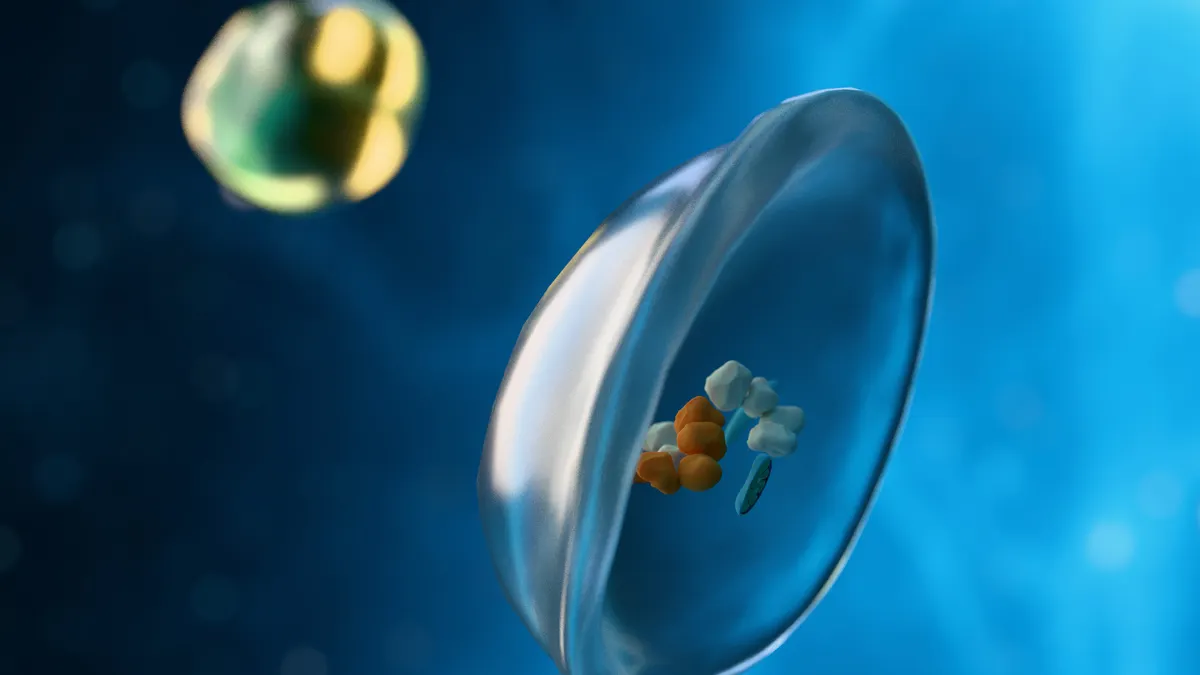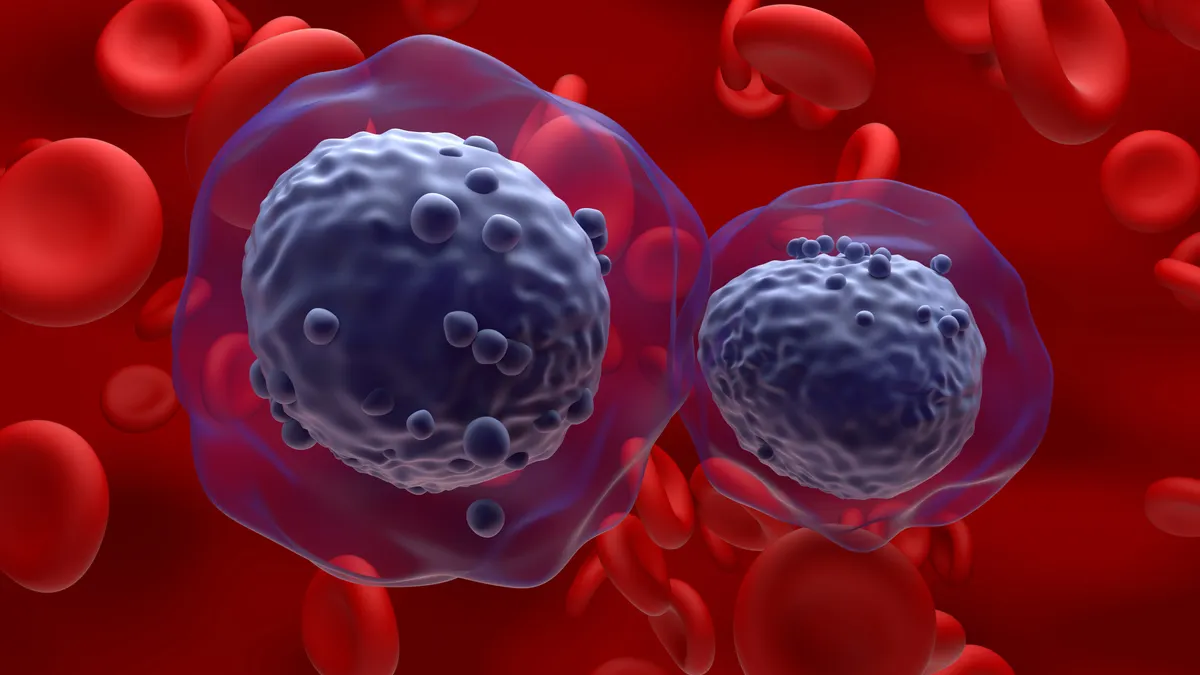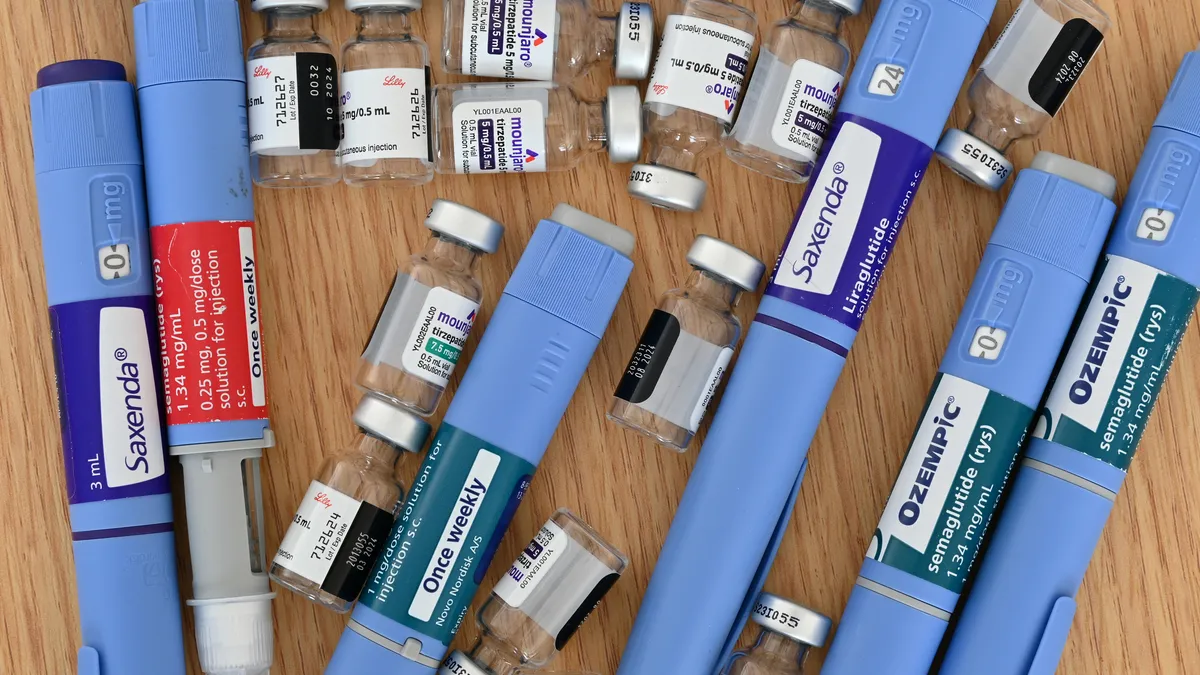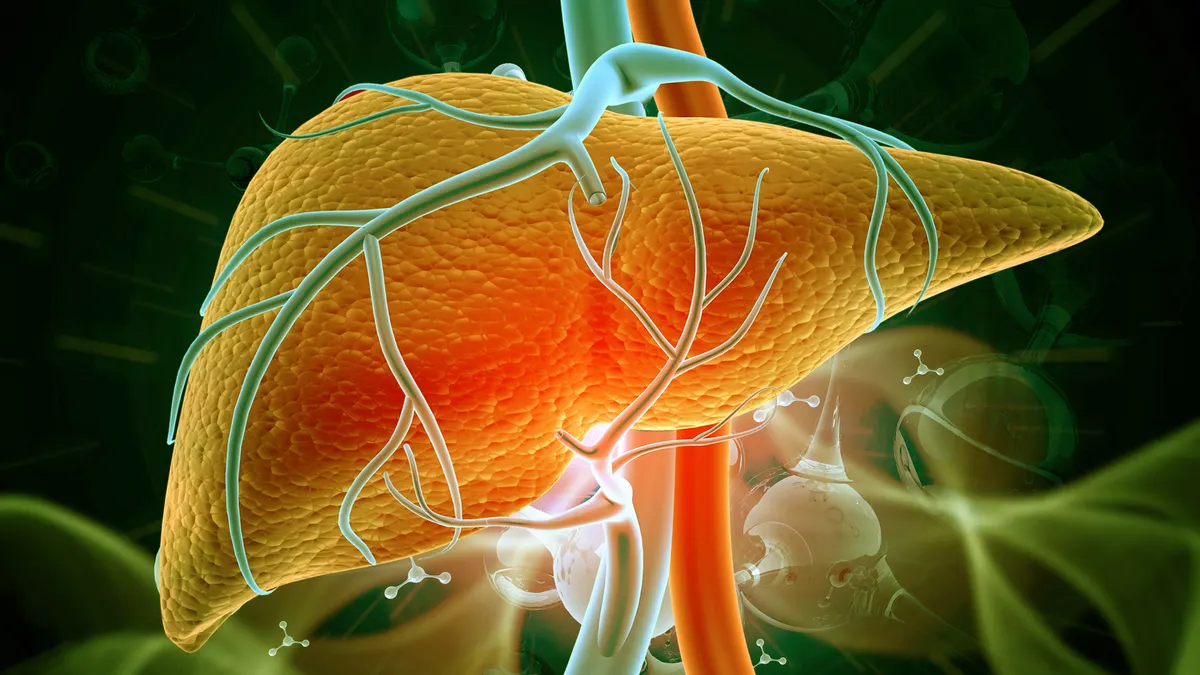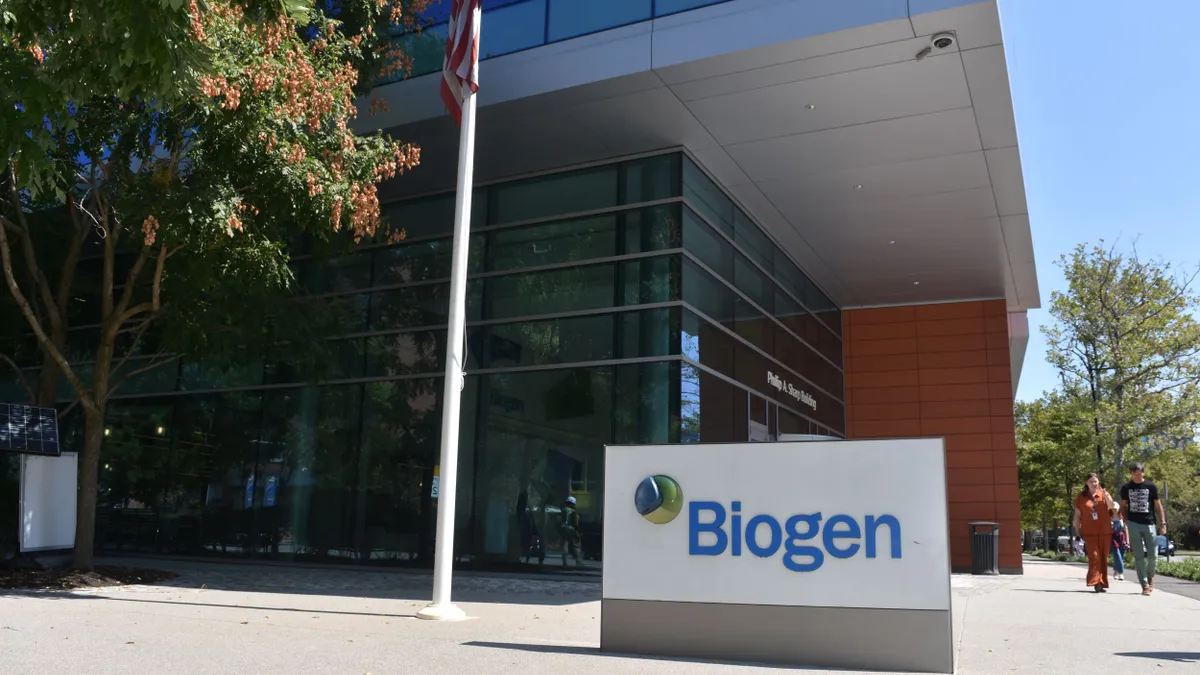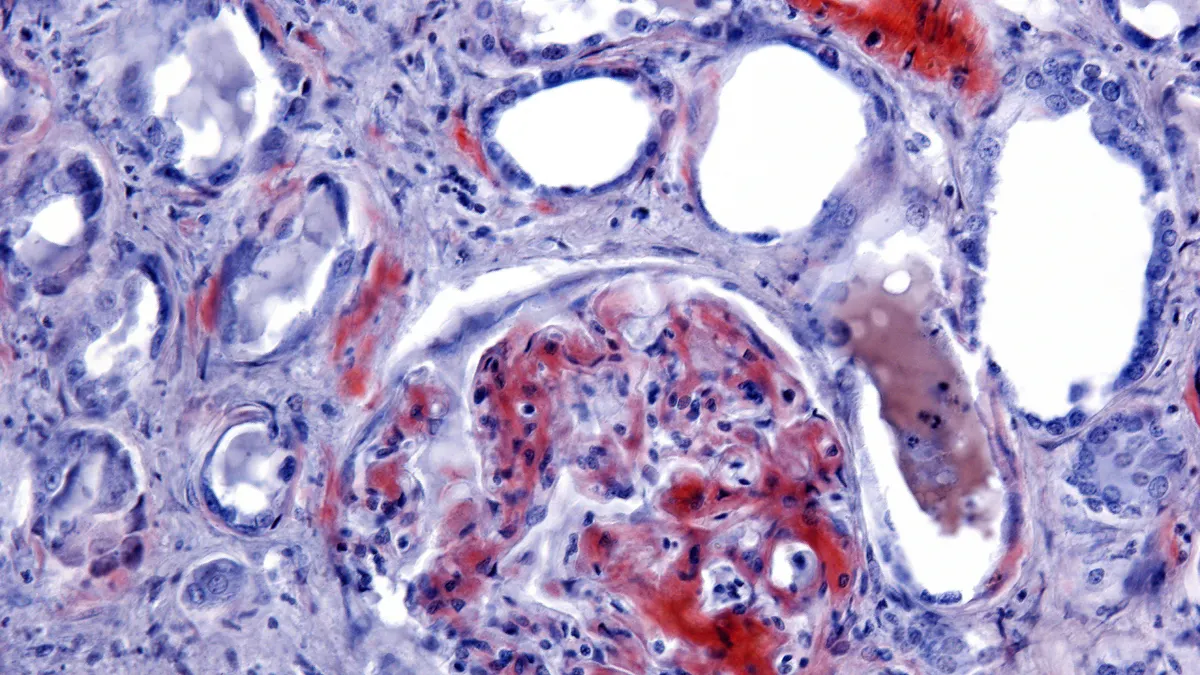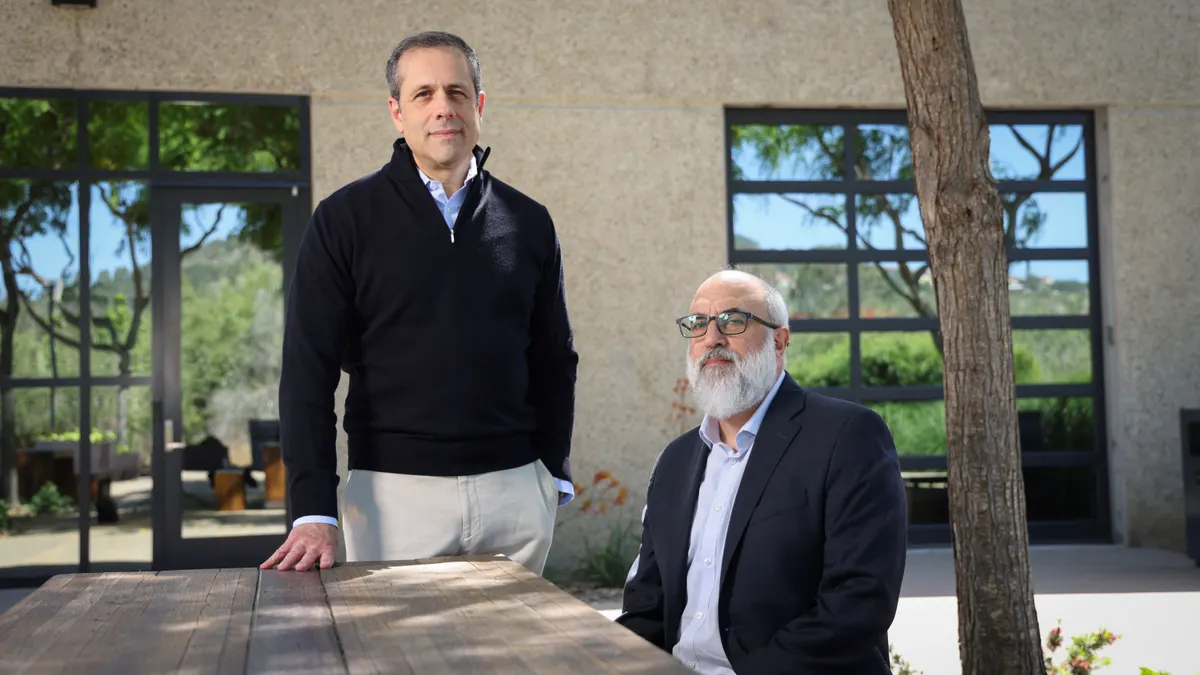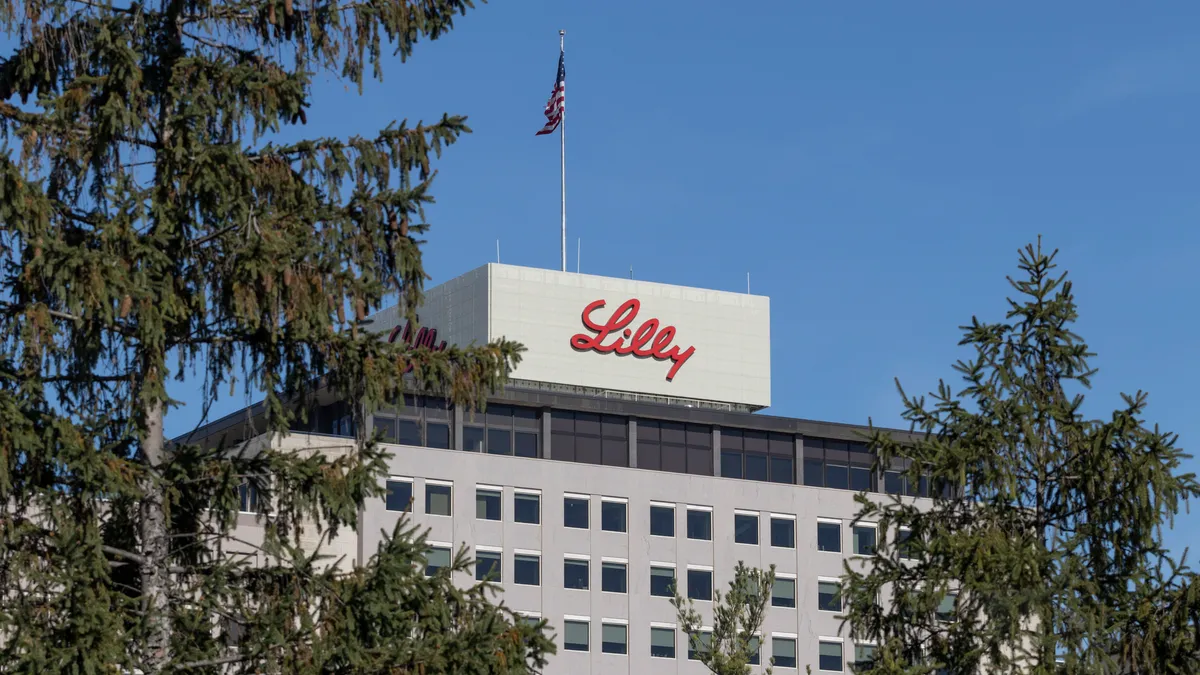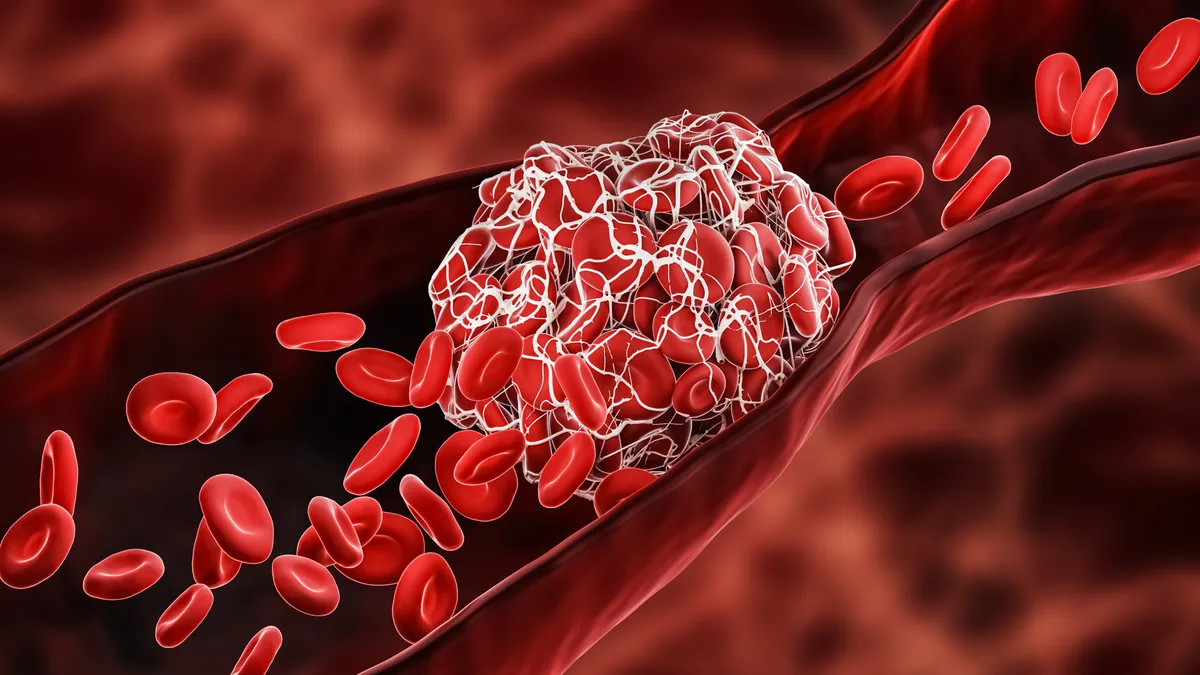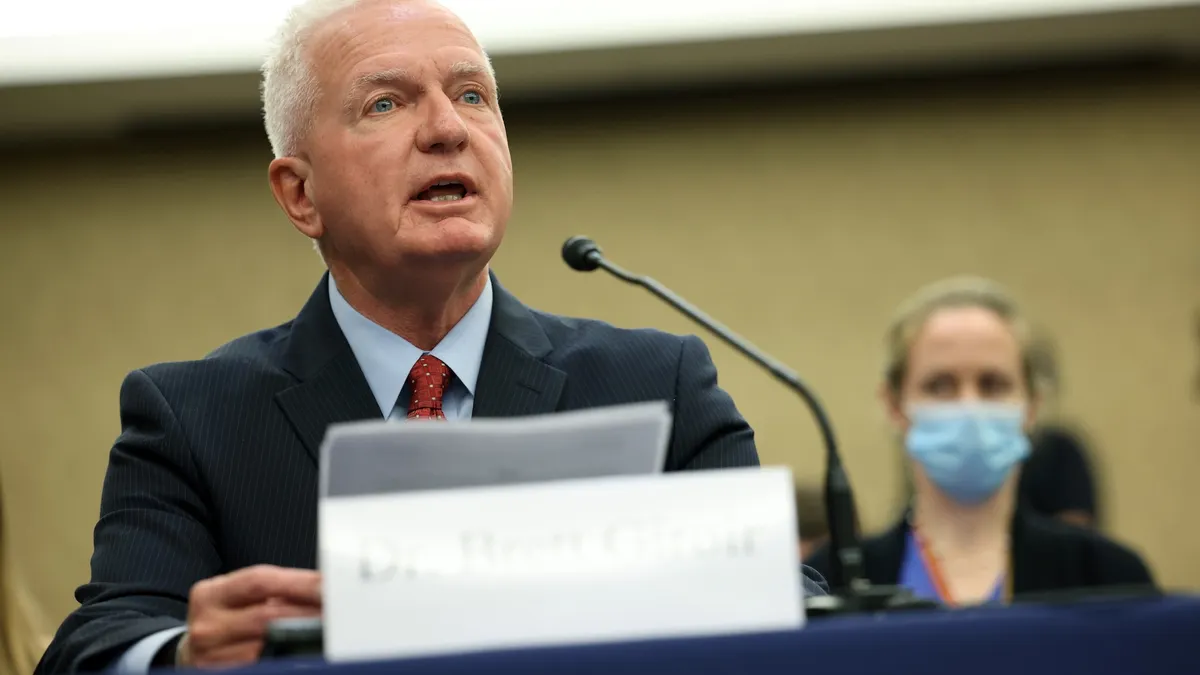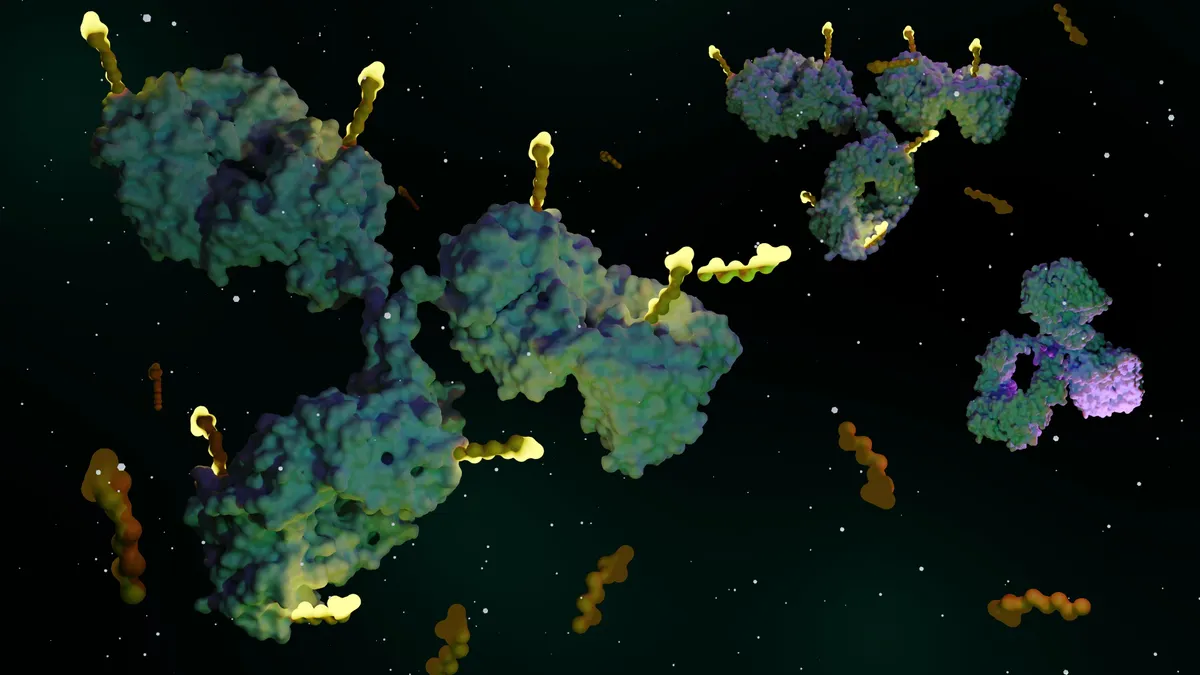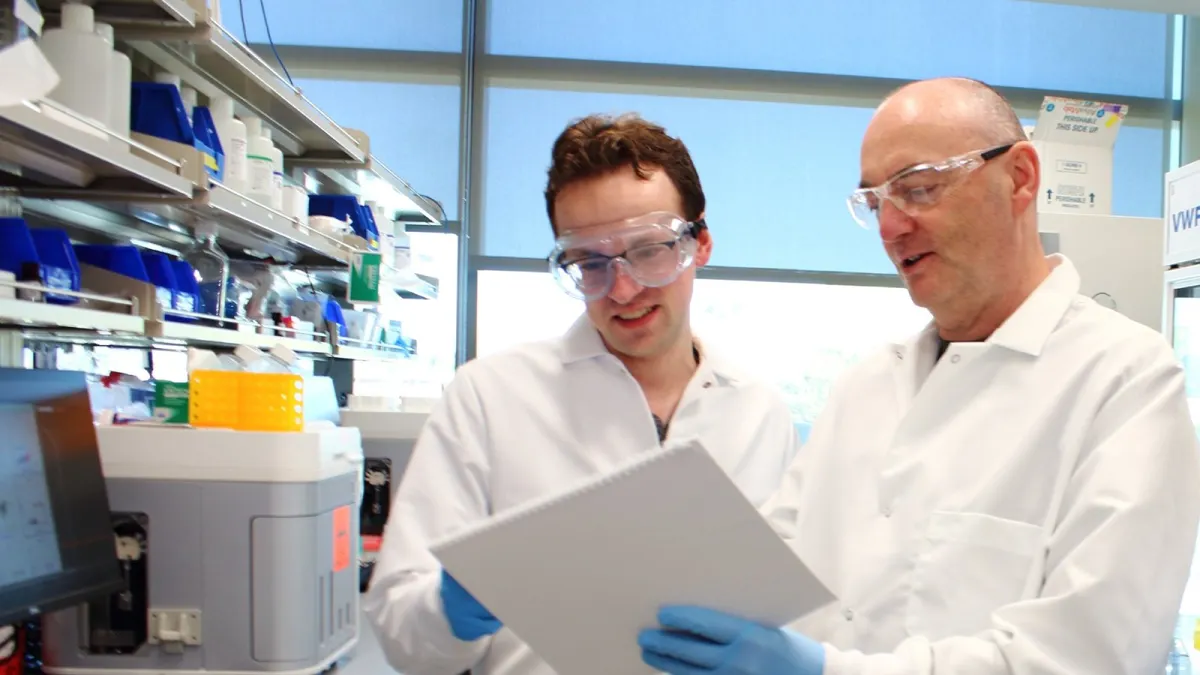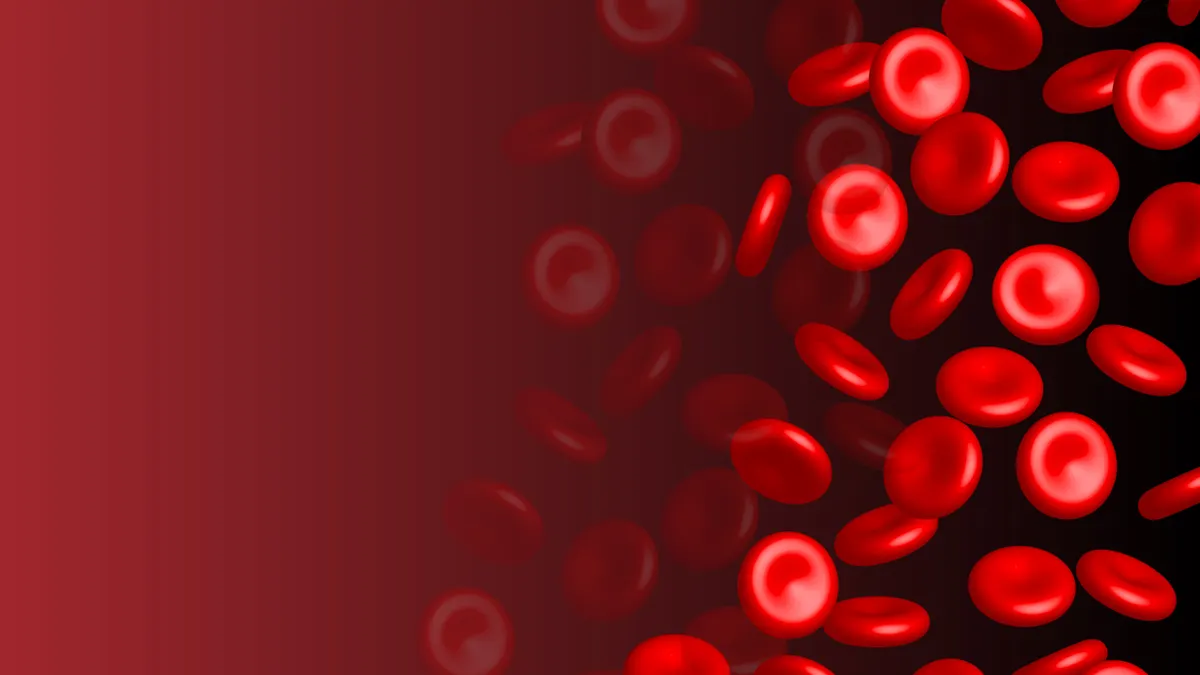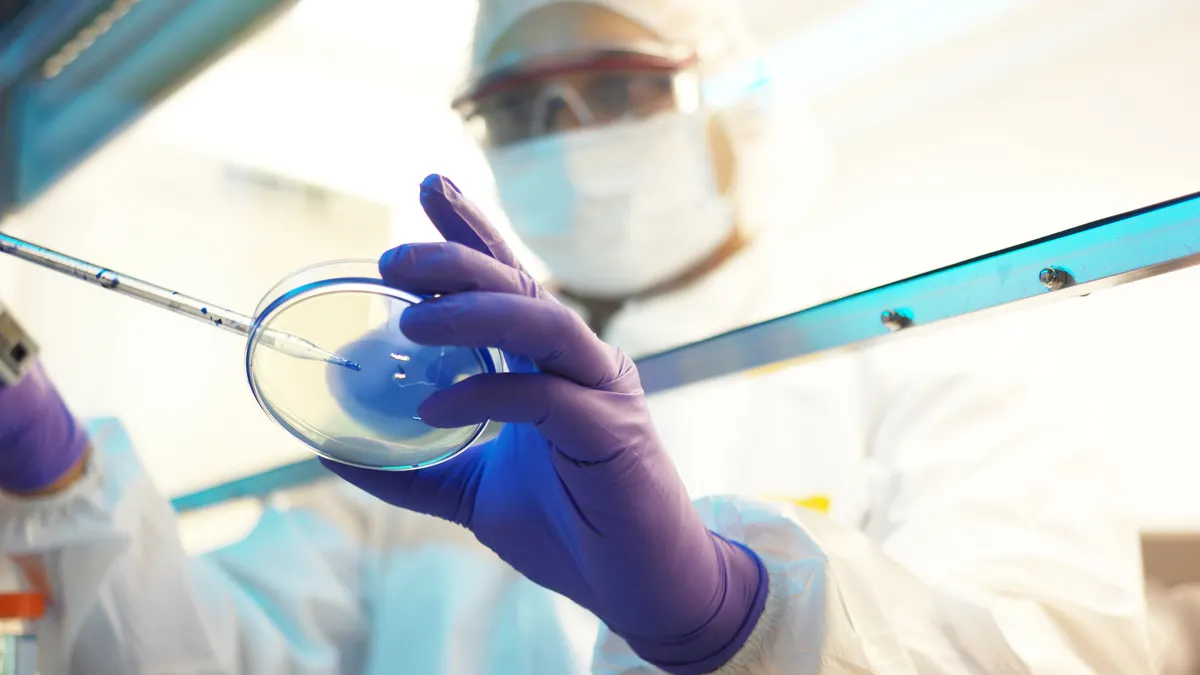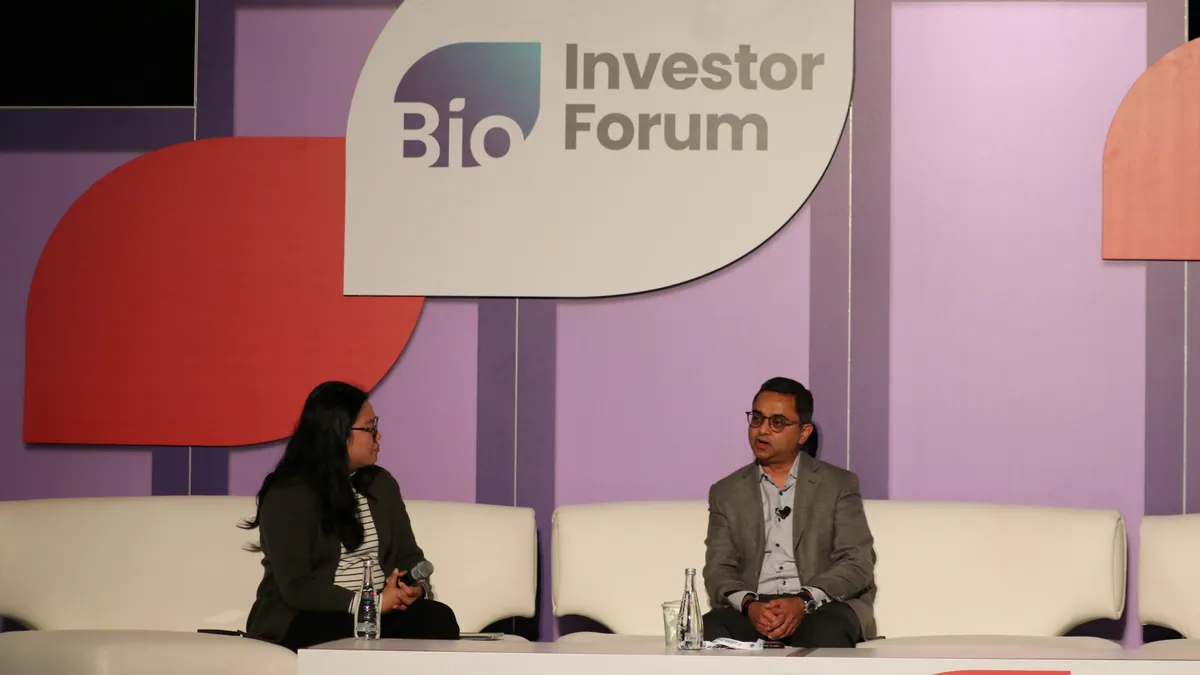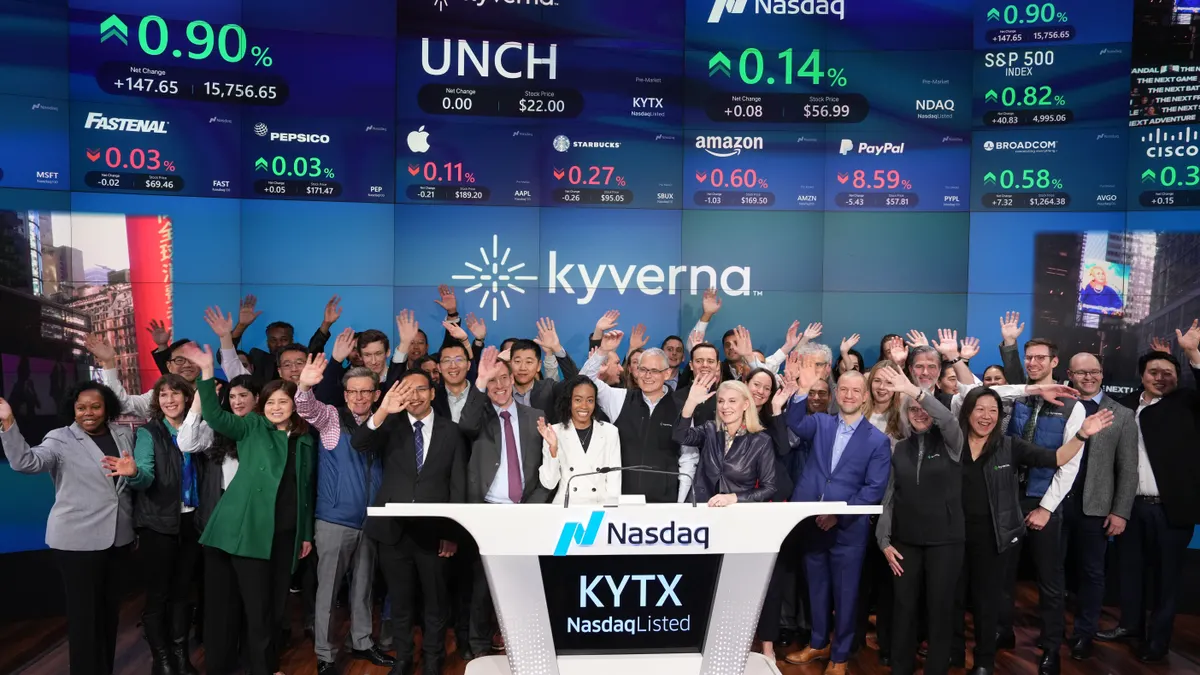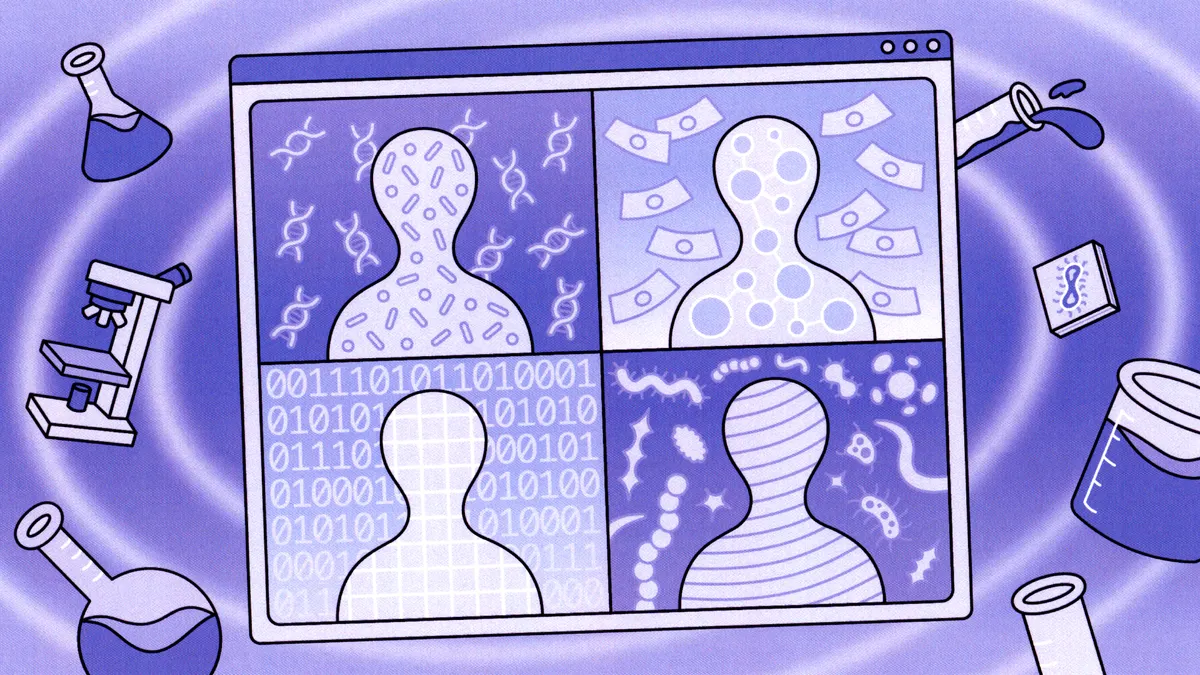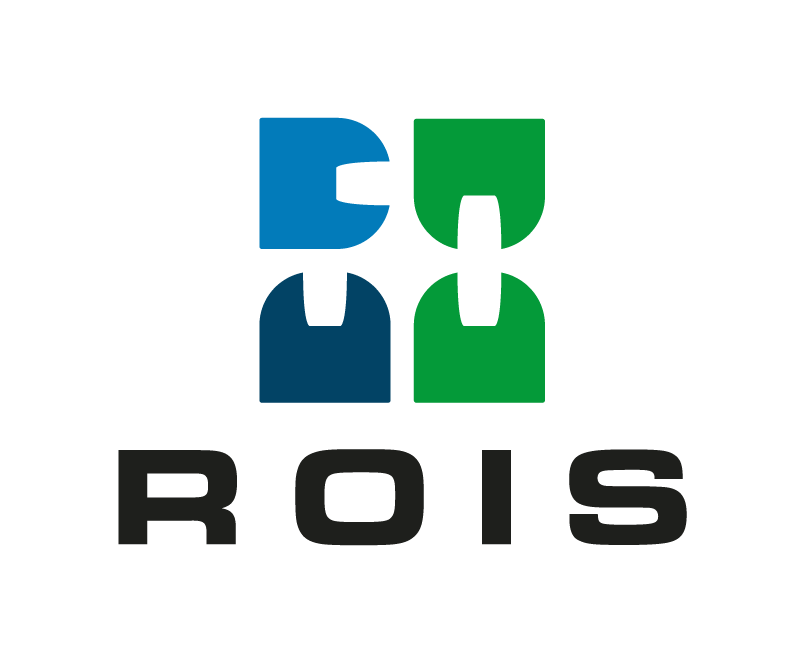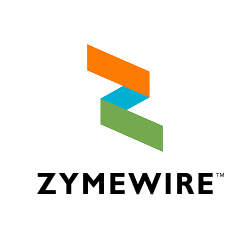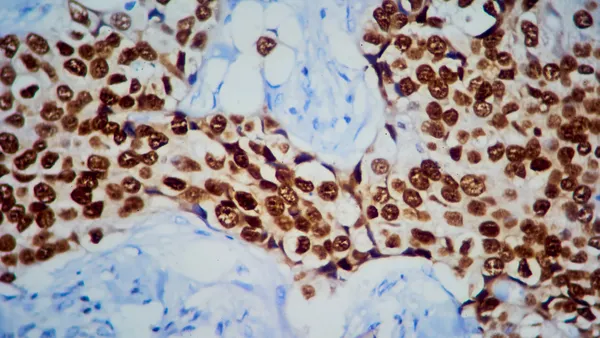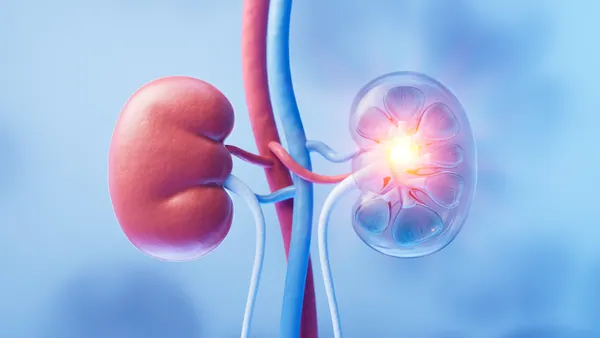Dive Brief:
- Gilead Sciences is deepening its investment in cancer cell therapy, announcing Thursday a deal to pay $350 million to buy privately held Interius BioTherapeutics for a technology designed to reprogram immune cells in patients’ bodies.
- If successful, Interius’ “in vivo” approach could yield a simpler alternative to the CAR-T therapies Gilead’s Kite Pharma division have brought to market, each of which includes extravagant production processes that involve manipulating cells in a lab.
- Gilead spent $12 billion to buy Kite nearly a decade ago and, since then, has become a leader in CAR-T therapies. That business has sputtered recently amid declining demand and competition from other developers. But Gilead is still investing through acquisitions and partnerships, such as a collaboration with Arcellx in multiple myeloma.
Dive Insight:
Cell therapies are something of a double-edged sword. They can powerfully drive cancers into a deep and long-lasting remission, but carry potentially serious safety risks and a burdensome chemotherapy “conditioning” step. A complex manufacturing process in which a patient’s cells are shipped to a lab, modified, and reinfused, limits CAR-T’s reach, too.
Drugmakers have long tried to simplify the process in one way or another, with limited success. But one approach that’s gained traction is so-called in vivo cell therapy, through which companies use technological tools like gene editing or messenger RNA to rewire cells inside the body.
Several in vivo cell therapy developers have sprung up in recent years. While their work remains early, they’ve started to draw the interest of large pharmaceutical companies. AstraZeneca bought startup EsoBiotech in March and, in June, AbbVie followed with a deal for another privately held company, Capstan Therapeutics.
Now Gilead has embraced the approach in acquiring Interius, which uses engineered viruses to deliver into certain immune cells instructions for cancer-targeting protein receptors. An experimental drug called INT2104 it’s developing is among the first in vivo cell therapies to be tested in humans. An ongoing Phase 1 study is evaluating it in certain blood cancers. The company has also been conducting early research in autoimmune diseases, as well as a third, undisclosed project.
The deal “marks a pivotal step for Interius and the future of in vivo therapy, which has the potential to reduce treatment timelines, broaden access to care and improve outcomes for patients with aggressive or advanced disease,” said Interius CEO Phil Johnson, in a statement.
Interius spun out of the University of Pennsylvania in 2021 and raised a $76 million Series A round that year. Gilead will use cash to purchase Interius’ shares, which the company said will reduce its 2025 per-share earnings by 23 to 25 cents.



